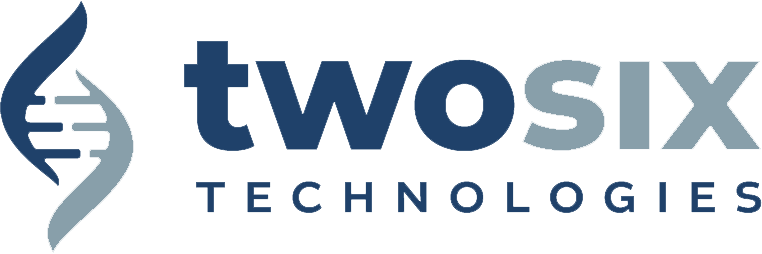
Density: Automatic Measurement of Room Capacity
Roddur Dasgupta * , Henry Gu , Ritika Dendi , Stephanie Lampotang , Shantanu Jhaveri
* Project Lead
Technologies that accurately and anonymously track the number of people in buildings are critical for improving the security and productivity of spaces, without violating the privacy of the individuals. Density (an SF-based startup) develops hardware and software that counts people entering and leaving doorways without capturing identifying information about people. Our ML collaboration with Density developing deep models that accurately and robustly detect people in doorways.














